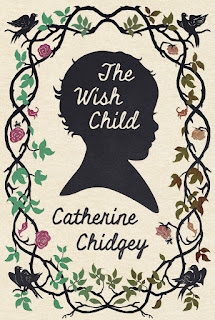The story follows two German families beginning in 1939, and in particular two children. What would it be like to grow up in Nazi Germany? You might well ask.
On a farm near Leipzig, Erich Kroning is the only child of Emilie and Christoph. There is a cloud around his birth, the hint of a secret. At home his parents are dutiful Germans with a copy of Mein Kampf on the shelf. Christoph goes off to the Russian front, but this doesn’t seem to dent Emilie’s ardent patriotism.
In Berlin, Sieglinde Heilmann grows up with her two brothers, her father doing important censorship work he cannot talk about, while around them are signs of the persecution against the Jewish population. House lots are being auctioned off and Mrs Heilmann acquires a samovar. There are droll scenes of the children attending factories, the teacher demonstrating Aryan supremacy, or witnessing piles of clothing being checked for jewellery sewn into hems.
It’s all stuff we’ve heard before, but through the eyes of children, it seems more insidious. There is a powerful pull in a novel like this, and the writing is beautiful, evocative when it needs to describe scenes of country life or the aftermath of a bombing. And what keeps you going, as with any war novel, is wondering about the long-term effects on the characters of such a war of attrition and the shattering of ideals.
The Wish Child is at times a challenging read, but it does draw you in, and gives you a lot to think about – well worth the effort.
Reviewed by JAM
Catalogue link: The Wish Child


No comments:
Post a Comment